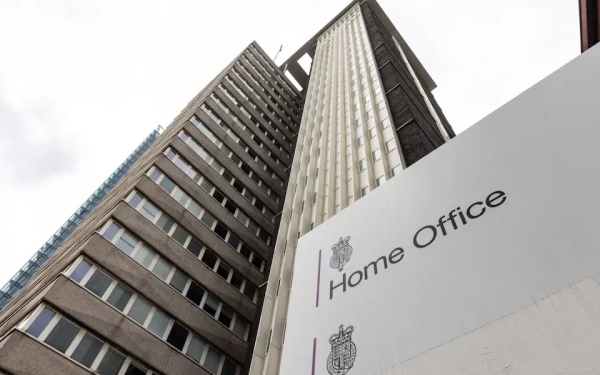A Nigerian man, Olufemi Ojaleye convicted of stealing Covid bounce-back loans has avoided deportation from the UK after successfully appealing on human rights grounds due to his children’s special needs.
Ojaleye who played “a leading role in a sophisticated fraud” involving the government’s Covid-era Bounce Back Loan Scheme, was sentenced to seven years in prison.
Despite this, a UK tribunal has ruled that he cannot be deported to Nigeria, primarily because two of his children have autism and “very significant additional needs.”
Ojaleye, who first arrived in the UK as a visitor in 2002 and last visited Nigeria in 2004, was targeted for deportation by the Home Office following his conviction.
However, a First-tier Tribunal initially ruled in his favour last November, citing the potential impact on his family.
That decision was challenged by the Home Office, but it has now been upheld by the Upper Tier Tribunal (UTT) of the Immigration and Asylum Chamber.
Lawyers argued that deporting Ojaleye would have “unduly harsh consequences for his children,” referencing evidence from the specialist school they attend.
The tribunal heard that their autism affects “every aspect of [their] daily life” and that they “need support with even the smallest tasks such as dressing, eating, and toileting.”
While the Home Office maintained that Ojaleye’s deportation would not make a “materially different” impact on the children since he is already in prison, the tribunal disagreed.
According to the court, Ojaleye speaks to his children “where possible on a daily basis” and they visit him while he serves his sentence.
The children’s mother, already emotionally and financially overwhelmed by his imprisonment, told the tribunal that visiting him in Nigeria would be impossible due to their special needs.
She was described as being “drained both emotionally and financially” and struggling with breakdowns.
The Home Office also argued that the tribunal failed to give due weight to “the nature and seriousness of the appellant’s offending” and insisted that the consequences for the children were “simply not harsh enough to meet the high threshold necessary to outweigh the public interest in deportation.”
However, in her ruling, Judge Elizabeth Ruddick stated the original decision “contains no material error of law,” allowing Ojaleye to remain in the UK.
The case, revealed in court documents, is one of several highlighted by The Telegraph where deportation has been halted by human rights claims.
Currently, the UK faces a backlog of 41,987 outstanding immigration appeals, many on human rights
grounds—posing a significant challenge to efforts to expedite the removal of illegal migrants.


